16 Tips to Traveling with Infants & Toddlers
Walking down the aisle, I felt my son’s diaper leaking onto my arm. I turned to glance at my husband behind me and subsequently smashed my gigantic carry on diaper …
Many resources are available to parents who want to raise their children using Montessori principles.
Books, websites, and even conferences dedicated to the topic abound. While each family will ultimately have to find what works best for them, there are general guidelines that all Montessori parents should follow.
First and foremost, creating a peaceful and orderly home environment is essential. This means keeping clutter to a minimum and having a place for everything.
It is also essential to encourage your child’s independence by allowing them to make choices and giving them plenty of opportunities to practice self-care.
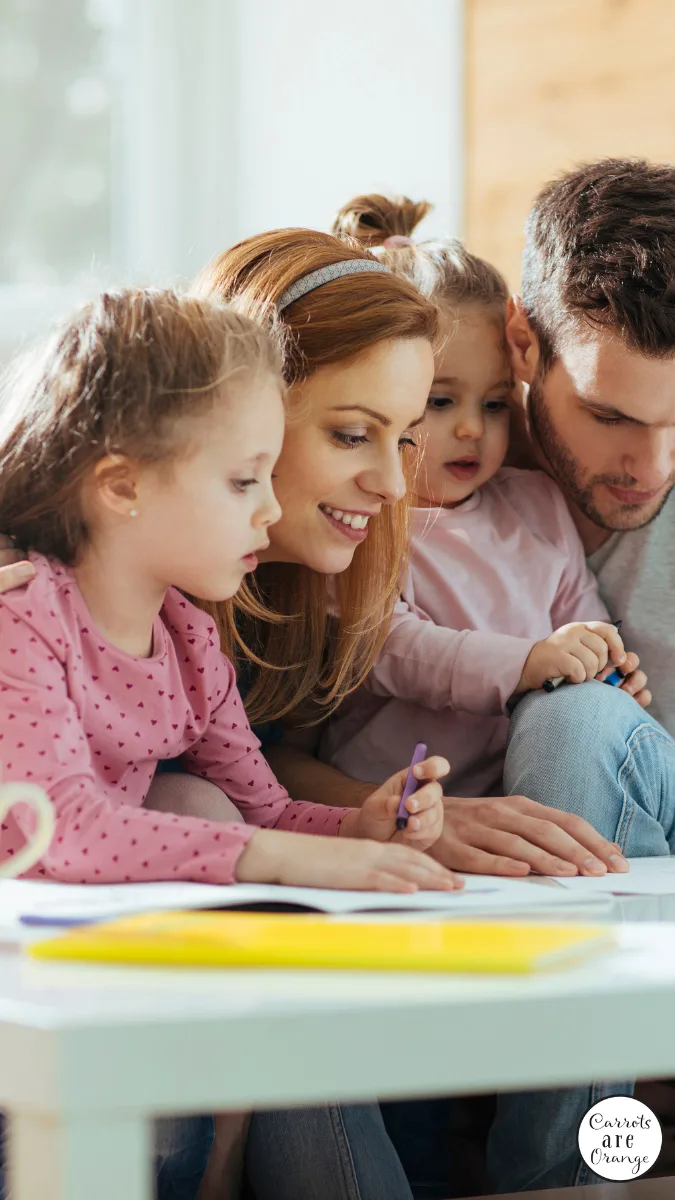
Finally, providing your child with ample opportunities for learning through hands-on activities and exploration is crucial. By following these guidelines, you can create an environment that will support your child’s natural love of learning.
For loads more on Montessori parenting, check out the links below. These links include tons of Montessori parenting resources and ideas!

Positive parenting is a parenting style that focuses on the positive aspects of a child’s behavior. It is based on the idea that parents can encourage positive behavior in their children by providing them with praise and positive reinforcement.
Positive parenting effectively reduces children’s negative behaviors, such as aggression and defiance. It can also help to improve a child’s self-esteem and academic performance.
Positive parenting is not permissive or indulgent; it is about constructively setting clear expectations and reacting to bad behavior. When done correctly, positive parenting can be an extremely effective way to rear happy and well-adjusted children.
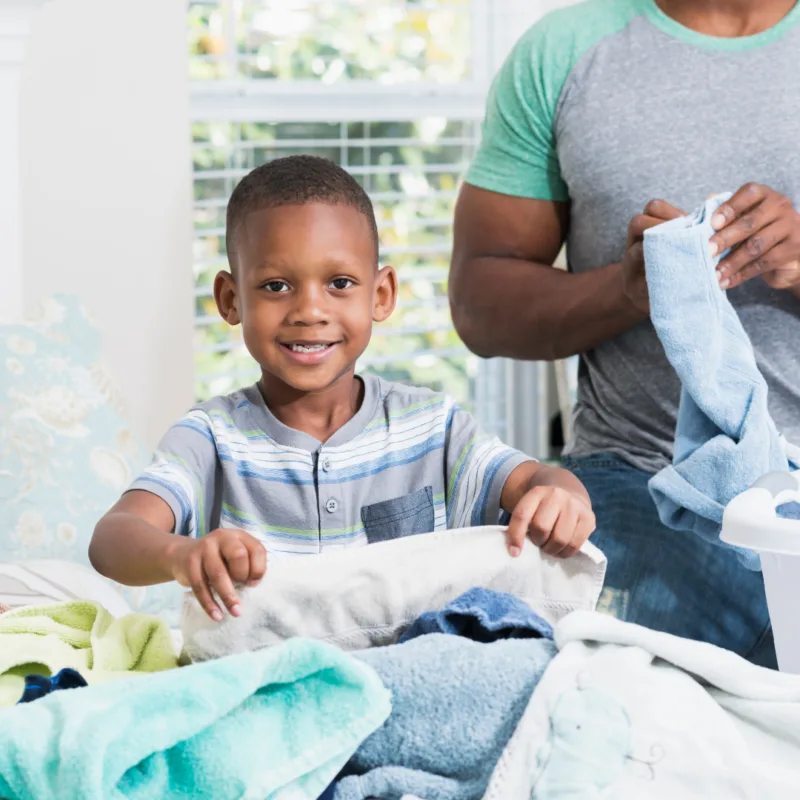
When you hear the word “Montessori,” you might think of a particular educational approach or style of schooling. But did you know that the Montessori philosophy can also be applied at home?
Montessori at home, sometimes called “natural parenting,” is based on the same principles as Montessori education, emphasizing respect for the child’s natural developmental process.
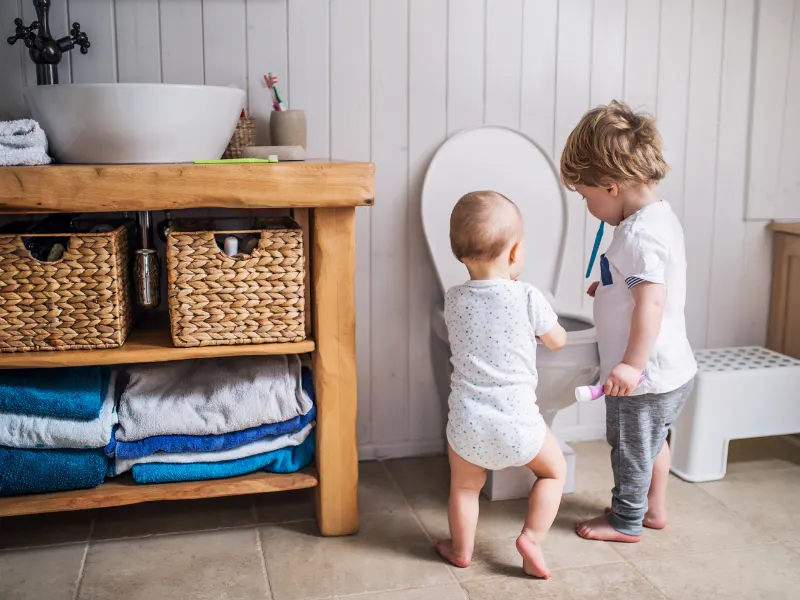
Like in a Montessori school, Montessori at home centers around providing a prepared environment that meets the child’s need for independence and autonomy.
This typically means creating a safe and orderly space with age-appropriate materials that encourage exploration and learning.
It can also involve using Montessori parenting techniques, such as following the child’s lead and using positive reinforcement.
While Montessori at home requires some extra effort on the part of parents, many families find that it results in a more joyful and harmonious household.
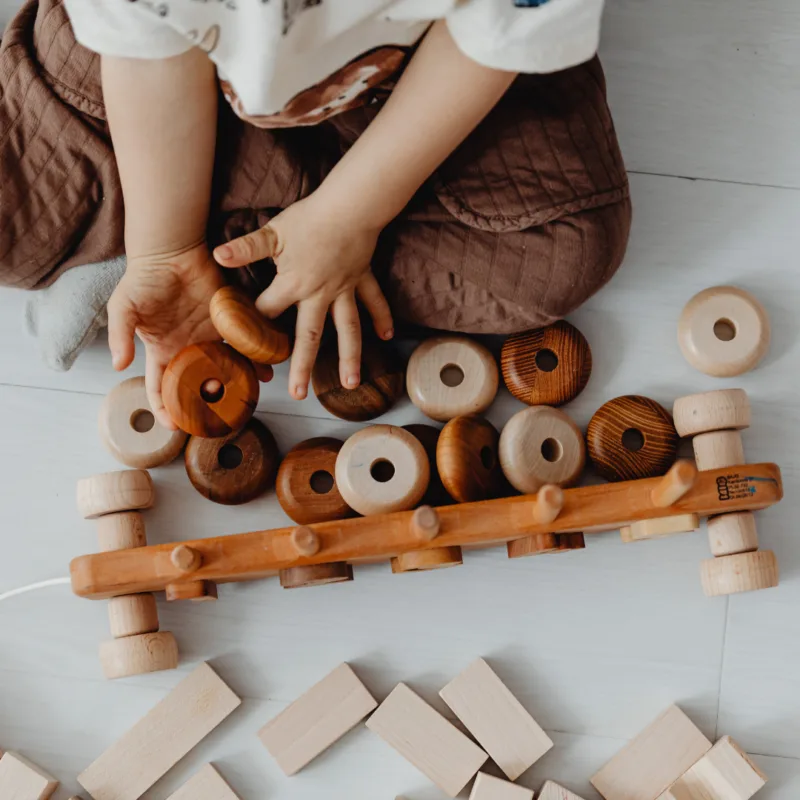
Montessori toys are designed to promote self-directed learning and exploration in young children. The toys are often simple in design, with few or no moving parts.
This simplicity allows children to focus on the task, whether sorting shapes or counting beads. montessori toys are also designed to be open-ended so children can use them in multiple ways.
This encourages creativity and critical thinking and provides a sense of satisfaction when a child masters a new skill. Montessori toys are widely available and can be used at home or in the classroom. They provide an excellent way for children to learn through play.
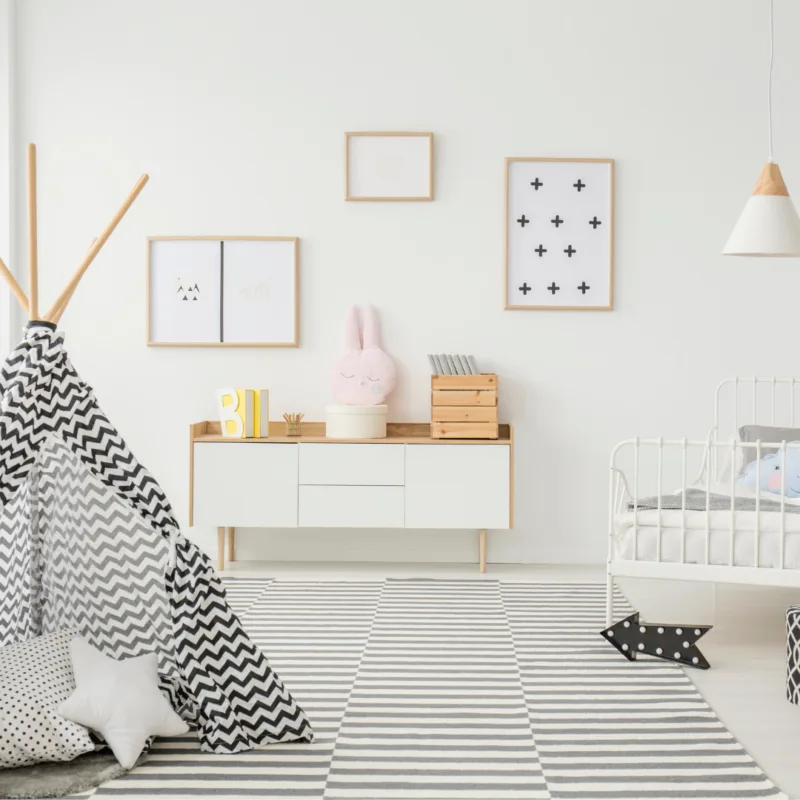
A Montessori bedroom is designed to promote independent living and learning. The furniture is typically low to the ground and simple in design so children can easily move around and access everything they need.
Montessori bedrooms also typically have a lot of open space, which allows children to move freely and explore their environment. The goal of a Montessori bedroom is to encourage independence, creativity, and self-reliance in children.
By providing children with an environment that is well-suited to their needs, Montessori bedrooms can help children academically and emotionally thrive.
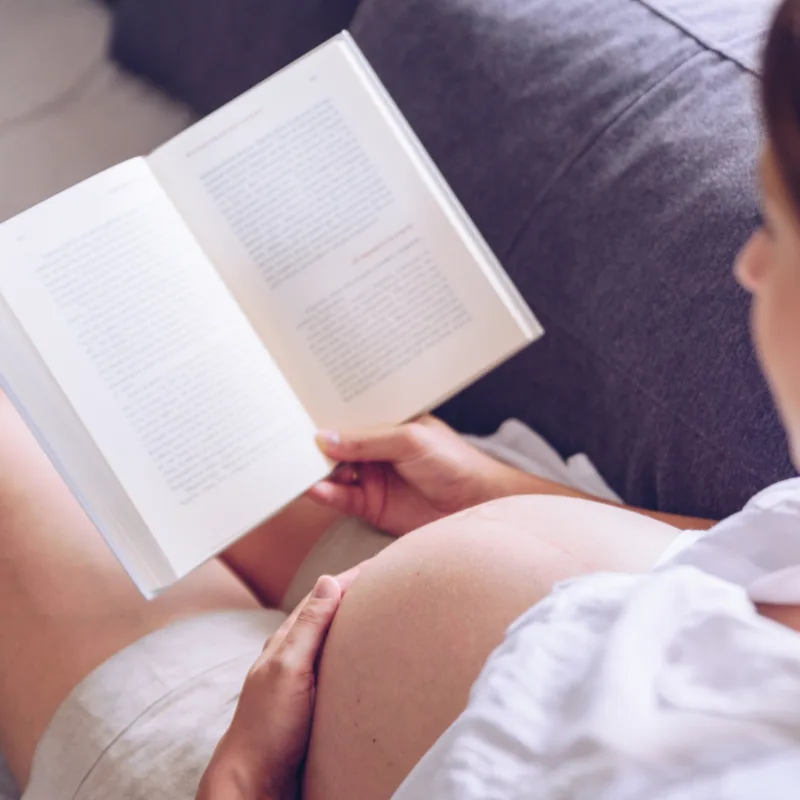
Montessori books for parents are a great way to introduce the Montessori method. They provide an overview of the Montessori philosophy and approach to education.
Plus, many books include Montessori-inspired activities parents can do at home with their children. Educators or Montessori-trained parenting experts typically write Montessori books for parents.
They offer a valuable resource for parents interested in exploring the Montessori option for their child’s education. These posts provide my favorite Montessori books for parents, new or seasoned to Montessori.
Walking down the aisle, I felt my son’s diaper leaking onto my arm. I turned to glance at my husband behind me and subsequently smashed my gigantic carry on diaper …
This page includes most of my parenting posts categorized by area of interest! I hope you find this page of use to you as you navigate my website! Parenting Styles …
Feeding challenges in children can feel overwhelming for parents, but feeding therapy offers a structured, compassionate approach to help kids develop a positive relationship with food. Whether your child struggles …
We all know praising children is essential, but it’s not always easy to think of fresh and new ways to do it or find other words for praise. There are …
Teaching kids mindfulness has many mental health benefits. This post contains a vetted list of mindfulness children’s books. On our journey to homeschooling, we continue to think long and hard …
Ah, the age-old question: how do we help our children (and ourselves for that matter) with conflict resolution? Teaching effective methods of conflict resolution can start early in life. Respecting …